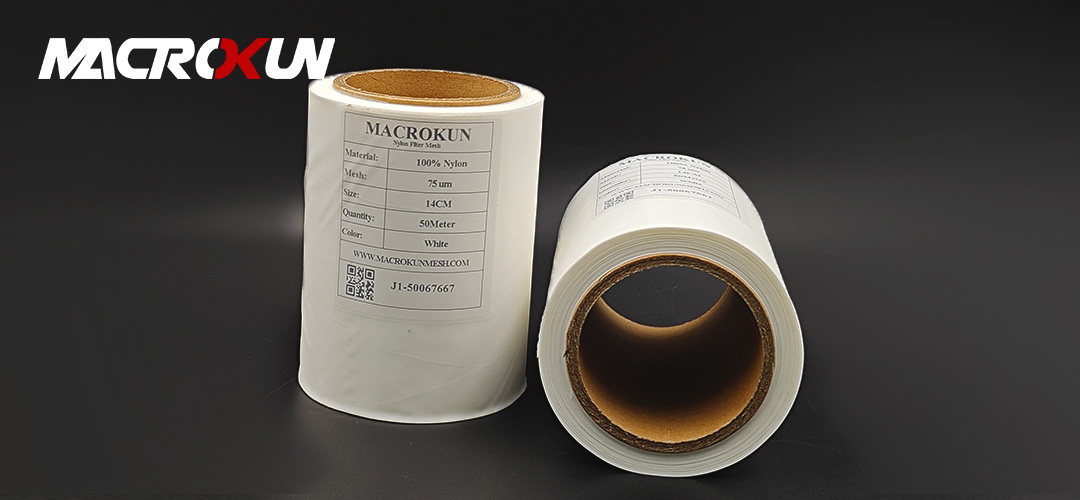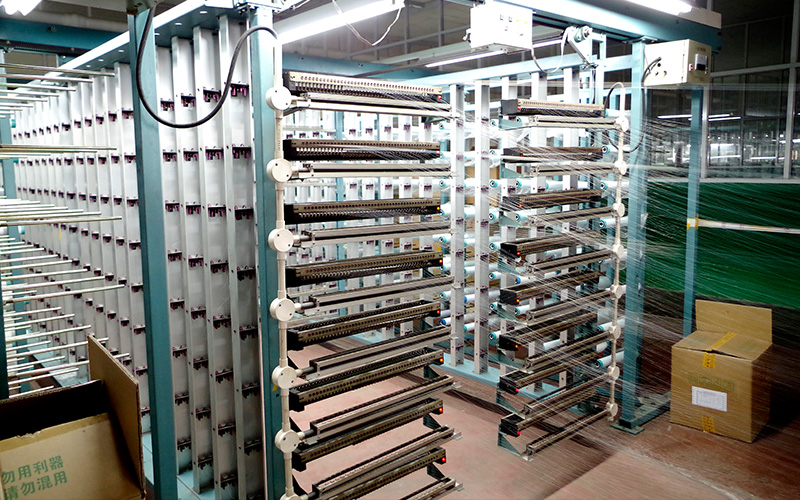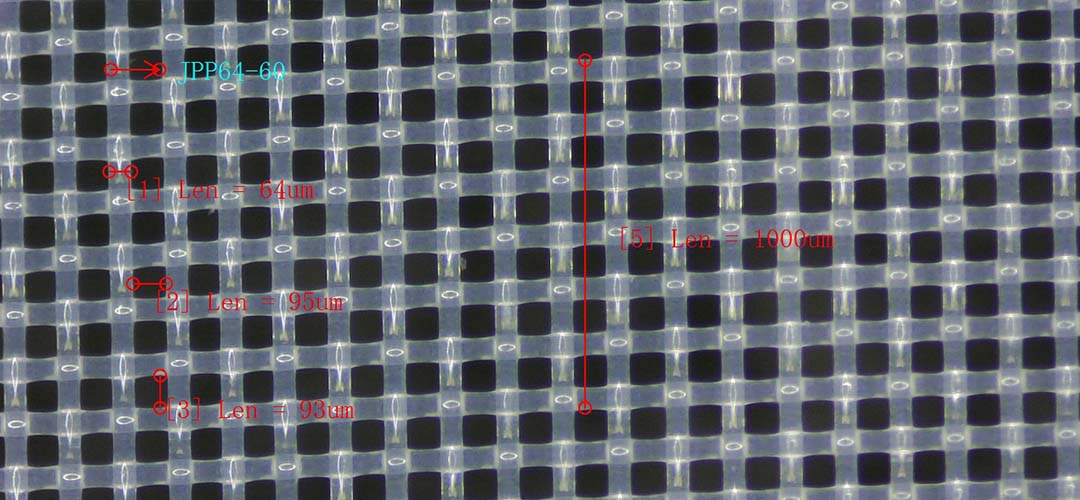When it comes to ensuring optimal water quality in various systems, the proper selection of nylon filter mesh is paramount. Nylon filter mesh is widely recognized for its durability, chemical resistance, and versatility, making it an ideal choice for a range of applications, from industrial processes to residential water filtration. However, the effectiveness of these filters largely depends on selecting the right mesh specifications tailored to the specific requirements of the water system in question.
To begin with, understanding the intended application is crucial. Different water systems have varying demands based on factors such as flow rate, particle size, and the nature of contaminants present. For instance, in industrial settings where larger particles and debris are common, a coarser mesh may be appropriate. Conversely, in applications requiring the removal of finer particulates, a mesh with a smaller micron rating will be necessary. Therefore, conducting a thorough analysis of the water quality and the types of contaminants expected is the first step in making an informed selection.

Moreover, the mesh‘s micron rating plays a significant role in determining its filtration efficiency. Micron ratings indicate the size of particles that the filter can effectively capture. For example, a filter with a 100-micron rating will allow smaller particles to pass through while capturing larger ones. It is essential to match the micron rating with the specific filtration needs of the water system. This alignment not only enhances the quality of the filtered water but also prolongs the lifespan of the filter by preventing clogging and reducing the frequency of maintenance.
In addition to micron rating, the mesh‘s physical properties, such as tensile strength and chemical compatibility, should not be overlooked. Nylon is known for its robust mechanical properties, which allow it to withstand high pressures and flow rates without compromising its structural integrity. However, it is vital to consider the chemical composition of the water being filtered. Certain chemicals can degrade nylon over time, leading to premature failure of the filter. Therefore, conducting compatibility tests with the specific water chemistry is advisable to ensure that the selected nylon filter mesh will perform effectively over its intended lifespan.
Furthermore, the mesh‘s weave pattern can also influence its performance. Different weave patterns can affect the flow rate and the overall filtration efficiency. For instance, a plain weave may provide a balance between strength and filtration capability, while a twill weave might offer enhanced flexibility and resistance to wear. Understanding the implications of these patterns can help in selecting a filter that not only meets the filtration requirements but also optimizes flow dynamics within the system.
Lastly, it is essential to consider the maintenance and replacement schedule of the nylon filter mesh. Regular monitoring of the filter’s performance will help identify when it needs cleaning or replacement, ensuring that the water quality remains consistent. Implementing a proactive maintenance strategy can prevent costly downtime and ensure that the system operates efficiently.

In conclusion, the proper selection of nylon filter mesh for water quality involves a comprehensive understanding of the application, careful consideration of micron ratings, physical properties, weave patterns, and a proactive maintenance approach. By adhering to these best practices, organizations can enhance their water filtration systems, ensuring that they deliver high-quality water consistently while maximizing the longevity and efficiency of their filtration solutions.
Maintaining nylon filter mesh in water systems is crucial for ensuring optimal performance and longevity. Regular maintenance not only enhances the efficiency of the filtration process but also prevents costly downtime and repairs. To begin with, it is essential to establish a routine inspection schedule. This practice allows operators to identify any signs of wear, tear, or clogging before they escalate into more significant issues. During these inspections, it is advisable to check for physical damage, such as fraying or holes, which can compromise the integrity of the filter mesh.
In addition to visual inspections, cleaning the nylon filter mesh is a vital aspect of maintenance. Over time, debris, sediment, and other contaminants can accumulate on the mesh, leading to reduced flow rates and increased pressure within the system. To effectively clean the filter, operators should first remove it from the water system, taking care to follow safety protocols. A gentle rinse with clean water can often dislodge most of the accumulated particles. For more stubborn deposits, a soft brush or cloth may be employed, ensuring that the mesh is not damaged in the process. It is important to avoid harsh chemicals or abrasive materials, as these can degrade the nylon and shorten its lifespan.
Furthermore, the frequency of cleaning should be determined by the specific application and the quality of the water being filtered. In environments where the water contains high levels of particulates, more frequent cleaning may be necessary. Conversely, in cleaner water systems, less frequent maintenance may suffice. Monitoring the pressure differential across the filter can also provide valuable insights into when cleaning is required. A significant increase in pressure indicates that the filter is becoming clogged and should be addressed promptly.
Another best practice involves proper storage of nylon filter mesh when it is not in use. If the filter mesh is removed for cleaning or replacement, it should be stored in a clean, dry environment to prevent contamination. Exposure to extreme temperatures or direct sunlight can also degrade the material, so it is advisable to keep it in a controlled environment. Additionally, ensuring that the filter mesh is free from moisture before storage can help prevent mold and mildew growth, which can further compromise its effectiveness.
Moreover, it is essential to keep detailed records of maintenance activities, including cleaning schedules, inspections, and any repairs made. This documentation not only helps in tracking the performance of the filter mesh over time but also aids in identifying patterns that may indicate underlying issues within the water system. By analyzing this data, operators can make informed decisions about when to replace the filter mesh, thereby avoiding unexpected failures.
Lastly, training personnel on the proper handling and maintenance of nylon filter mesh is critical. Ensuring that all team members understand the importance of these practices fosters a culture of accountability and diligence. Regular training sessions can reinforce best practices and keep staff updated on any new techniques or technologies that may enhance maintenance efforts.
In conclusion, maintaining nylon filter mesh in water systems requires a proactive approach that includes regular inspections, thorough cleaning, proper storage, meticulous record-keeping, and staff training. By adhering to these best practices, operators can ensure the longevity and efficiency of their filtration systems, ultimately leading to improved water quality and reduced operational costs.
Nylon filter mesh has become an essential component in various filtration processes across multiple industries, owing to its durability, chemical resistance, and versatility. One of the most common applications of nylon filter mesh is in water treatment systems, where it plays a crucial role in ensuring the purity and safety of drinking water. In municipal water treatment facilities, nylon mesh is often employed to filter out particulate matter, such as sediment and organic debris, before the water undergoes further purification processes. This initial filtration step is vital, as it helps to prevent clogging in downstream equipment and enhances the overall efficiency of the treatment system.
In addition to municipal applications, nylon filter mesh is widely used in industrial water filtration systems. Industries such as food and beverage, pharmaceuticals, and chemical manufacturing rely on high-quality water for their processes. Here, nylon mesh serves to remove contaminants that could compromise product quality or safety. For instance, in the food industry, nylon filters are utilized to ensure that water used in food processing is free from impurities, thereby adhering to stringent health regulations. The ability of nylon mesh to withstand various chemical environments makes it particularly suitable for these applications, as it can effectively filter out unwanted particles without degrading over time.
Another significant application of nylon filter mesh is in aquaculture and aquarium systems. In these environments, maintaining water quality is paramount for the health of aquatic life. Nylon mesh filters are employed to remove waste particles, uneaten food, and other debris from the water, ensuring a clean and healthy habitat for fish and other organisms. The fine mesh size can be tailored to meet specific filtration needs, allowing for the effective removal of even the smallest particles. This adaptability is one of the reasons why nylon filter mesh is favored in such sensitive applications.
Moreover, nylon filter mesh is increasingly being utilized in the realm of wastewater treatment. In this context, it serves to separate solids from liquids, facilitating the treatment process and ensuring that effluent meets environmental discharge standards. The use of nylon mesh in these systems not only enhances the efficiency of solid-liquid separation but also contributes to the overall sustainability of wastewater management practices. By effectively filtering out contaminants, nylon mesh helps to reduce the environmental impact of wastewater discharge, making it a valuable asset in modern treatment facilities.
In addition to these applications, nylon filter mesh is also found in various other sectors, including automotive, aerospace, and electronics. In automotive applications, for example, nylon filters are used in fuel systems to prevent contaminants from entering the engine, thereby enhancing performance and longevity. Similarly, in the electronics industry, nylon mesh is employed in the production of components that require precise filtration to ensure quality and reliability.

As industries continue to evolve and place greater emphasis on efficiency and sustainability, the demand for nylon filter mesh in filtration processes is likely to grow. Its unique properties, including resistance to chemicals and high temperatures, make it an ideal choice for a wide range of applications. By understanding the common uses of nylon filter mesh in various filtration processes, businesses can make informed decisions about their filtration needs, ultimately leading to improved operational efficiency and product quality. As such, nylon filter mesh stands out as a critical component in the quest for cleaner, safer water across diverse industries.
Pre: Applications of Fine Mesh Nylon Filter Screens in Industry

MACROKUN has established long-term and stable cooperative relations with many transportation companies such as China Post, DHL, FEDEX, USPS, UPS, etc. Of course, MACROKUN can also provide air and sea transportation. The powerful logistics system enables all MACROKUN'S Printing Mesh, Filter Mesh and Filter Bags and so on to be easily and efficiently transported to any place. For quotes and inquiries, please email our sales team.





